Recycled fish nets instead of disposable shoe covers
At many Nordic industrial facilities, it is a challenge to prevent or minimise dirt from ending up in the premises. A common solution is to use disposable plastic shoe covers, a solution that is far from optimal. Together with our customer Equinor, Coor has tested an entrance solution with fixed mats made of recycled fish nets that absorb the dirt. The test resulted in a cleaner impression, but even more importantly - less climate impact, lower costs and reduced risk of falls.
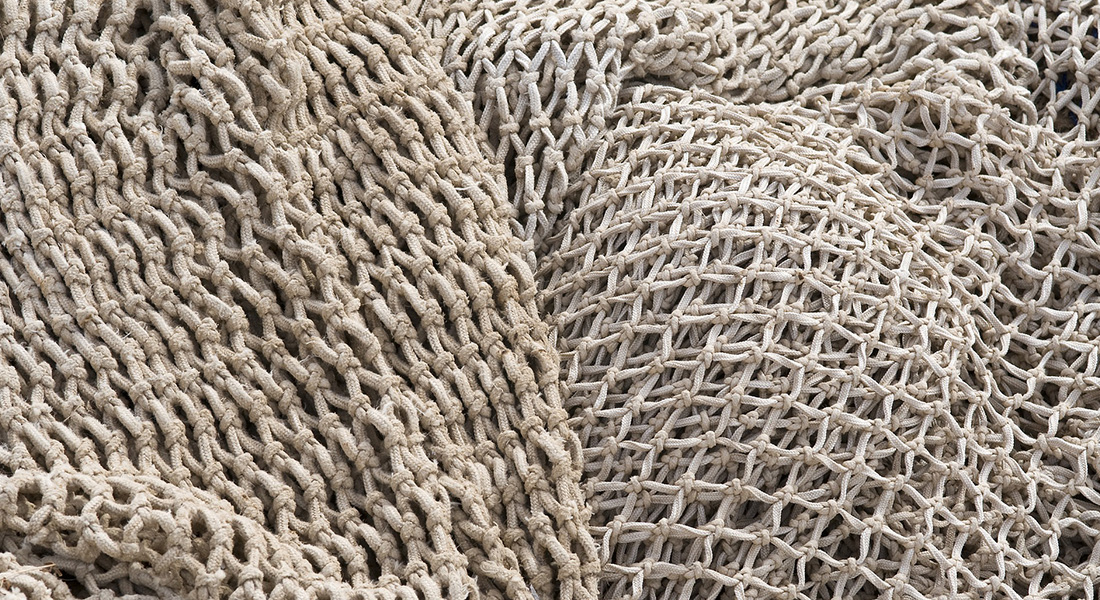
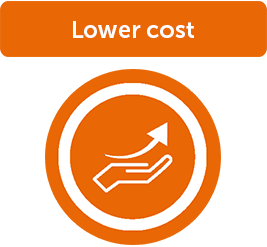
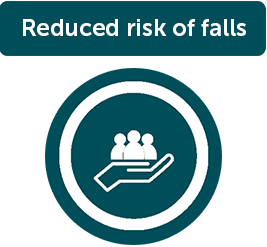

At Coor, we are constantly working to develop and improve both our own and our customers' operations. Our customer Equinor wanted to reduce the use of single-use plastic shoe covers at its facilities due to several reasons. Together with Coor's cleaning experts, Equinor decided to test an alternative entrance solution with fixed mats that absorb dirt and prevent it from spreading further in the building. The test was conducted at six of Equinor´s facilities in Norway. At one site, the use of shoe covers could be completely eliminated, in three sites the use could be reduced by 92-96% and in one the use was halved. At the last site, the conclusion was that the already low use is needed.
“This project has been very successful since we have reduced both the customer's climate impact and costs and also the risk of falls," Renate Haugland, Cleaning expert at Coor, comments.
In addition to reduced use of single-use plastic shoe covers, which is an environmental gain in itself, Equinor has reduced its carbon dioxide emissions since the fixed mats are not sent for cleaning as traditional entrance carpets. Instead, they are vacuumed daily and shifted out at intervals of a couple of years depending on need, usually every two or three years. In the daily cleaning, neither water nor chemicals are required. The mats also save on the cleaners' shoulders and backs, as the fixed placement removes an otherwise heavy lifting moment.
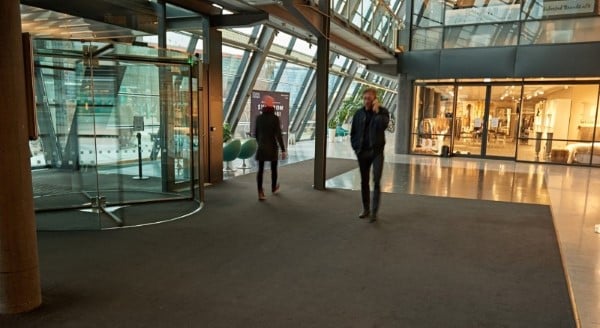
On the picture you see a fixed mat from N3
“For us at Coor, it is important to give our employees the best conditions to perform their jobs safely and efficiently. Therefore, the ergonomics for our cleaners were a significant factor when we compared different types of entrance solutions. We decided upon a mat that is attached to the floor and doesn´t require any heavy lifting," Renate Haugland, explains.
The dirt-absorbing mat in the test is made of recycled fishing nets. It has been developed in collaboration with the Norwegian Asthma and Allergy Association and has a documented good impact on the indoor climate. This is because harmful particles are absorbed by the mat already at the entrance, instead of getting further into the building, which lead to cleaner air as well as a cleaner impression. Fixed mats that are fastened to the floors also reduce the risk of tripping compared to loose carpets that might move or curl up. Another advantage is the sound-absorbing effect, since the mats can reduce the indoor sound levels with up to 33 decibels.
“This project is a great example of how we in Coor combine innovation with cleaning expertise to power our triple bottom line: reduced cost for our customers, improved working conditions for all employees, and of course a significantly reduced impact on the environment”, Asbjørg Torpe, Innovation manager at Coor, says.

Renate Haugland
Cleaning expert at Coor in Norway
QUICK FACTS & FINDINGS

80 % of all dirt inside of the buildings comes from outside

The fixed mat could replace the entire need for disposable shoe covers at one site

The fixed mats can reduce the indoor sound levels with up to 33 decibels
Disadvantages with disposable plastic socks
Measurements show that more than 80% of all dirt in our workplaces comes from outside. Dirt such as water, oil, salt, gravel and mud, especially in combination, wears a lot on the floor surfaces and makes them harder to clean. To avoid heavily soiled floors, many companies use single-use shoe covers made out of plastic. There are several disadvantages to these, for example:
- High risk of tripping and falls, especially on wet surfaces.
- The quality is often poor, which causes the shoe covers to crack and spread dirt further. Because of this, floor surfaces wear out faster and the need for rough cleaning increases. Dirty floors may also affect the impression of the company.
- Harmful particles from the industrial sites will be stuck on the shoe covers and end up inside of the buildings, impairing the indoor environment.
- Used shoe covers will easily blow away with the wind and end up in the nature.
- There are numerous people using shoe covers out of habit and not solely based on need.

